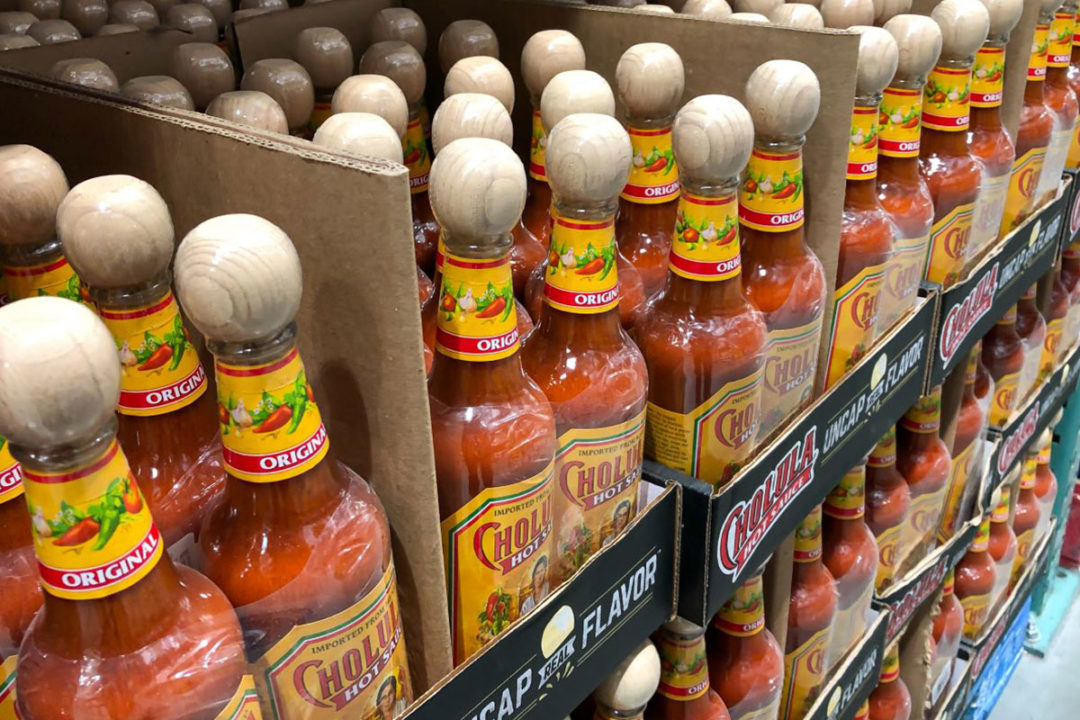McCormick & Co., the world’s largest spice and seasoning company, is looking to recover losses from inflation by raising prices for American consumers, but not Chinese. If you ask CEO Lawrence Kurzius it’s because of “market conditions.”
“Market conditions in China have also allowed very little opportunity to increase prices,” Kurzius told investors earlier in the summer. However, that’s not the case for American consumers. The Maryland-based spice giant is a dominant force in both consumer spices and industrial ingredients. It has already raised prices multiple times in America and is planning additional increases in the back half of 2022. Management expects “pricing actions and other levers to begin to outpace cost pressures late in the third quarter.”
McCormick has tremendous market power in America
- The company owns an estimated 20% of the global spices and seasoning market. That’s four times the nearest competitor.
- At 60% of total sales, America makes up a significant portion of McCormick’s portfolio.
- If you’ve purchased spices in America, you’ve bought them from McCormick. It essentially rules both the high and low-end of the spice and seasoning market. Major spice and seasoning brands include McCormick and Lawry’s. It is also the largest producer of store brand seasonings in America.
- The company also captured one third of the US hot sauce market. It recently spent $5 billion to acquire Cholula and Frank’s RedHot (French’s mustard was also included in the deal).
McCormick has significantly less market power in China
- Management does not disclose the performance of the Chinese business because it generates less than 10% of the company’s total revenue.
- It is believed that more than 50% of McCormick Chinese sales are to restaurants and other businesses, not consumers. That would mean that at most, Chinese consumer sales are less than $300 million a year. To put that in context, in 2021 the company sold over $470 million worth of products to Walmart alone.
- In 2013, the company spent $147 million acquiring a local Chinese bullion maker.
McCormick has a history of abusing its market power
- McCormick has announced at least two American list price increases in the COVID-19 era, in addition to pulling back promotional spending.
- In 2000, management settled charges with the FTC that it engaged in anti-competitive practices. The FTC alleged that the company offered price discounts to American retailers in exchange for shelf space. In some cases, the federal government estimated that the scheme resulted in McCormick receiving 90% of available shelf space from retailers. Lack of competition is often credited with higher consumer prices.



